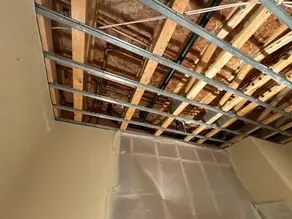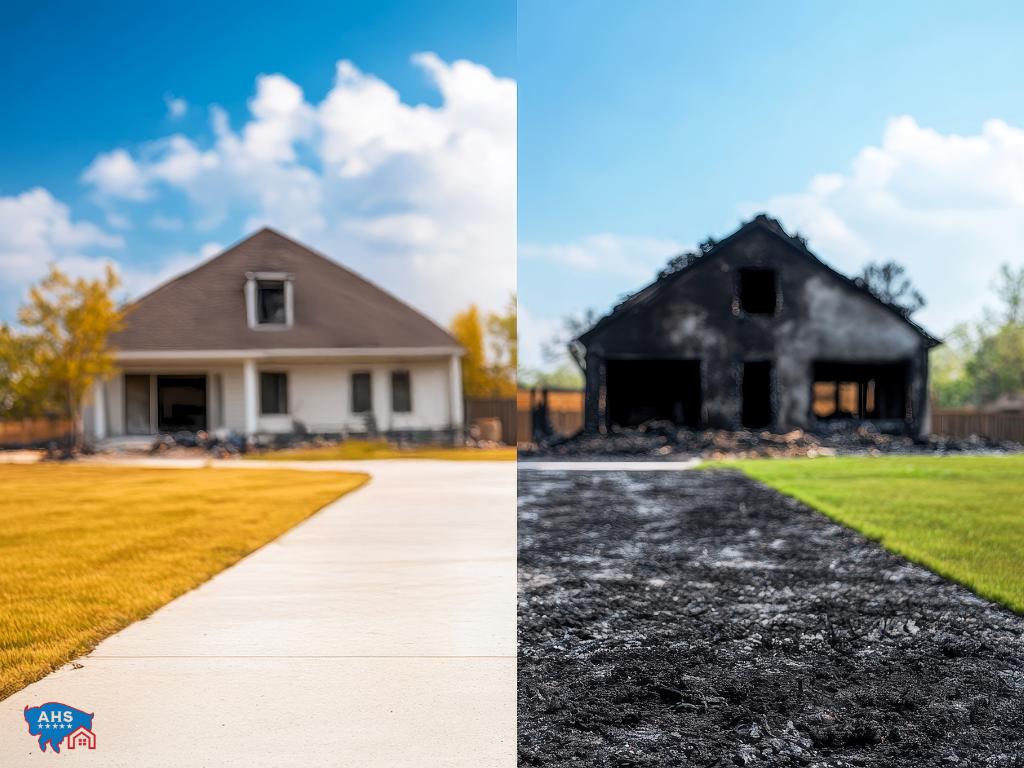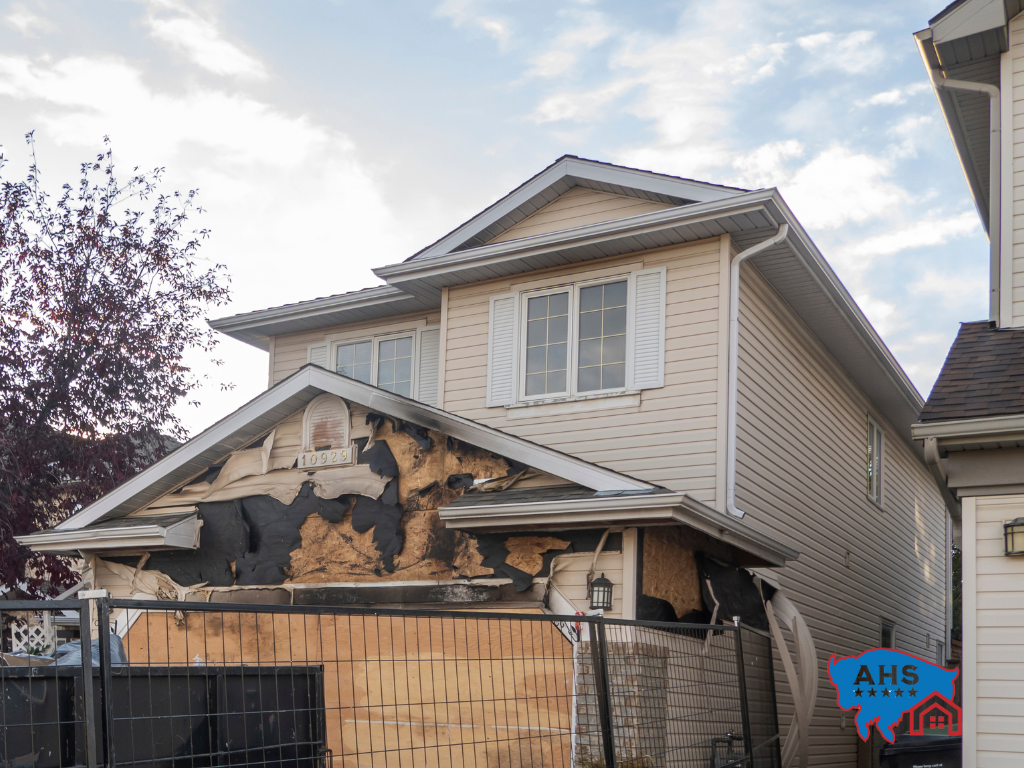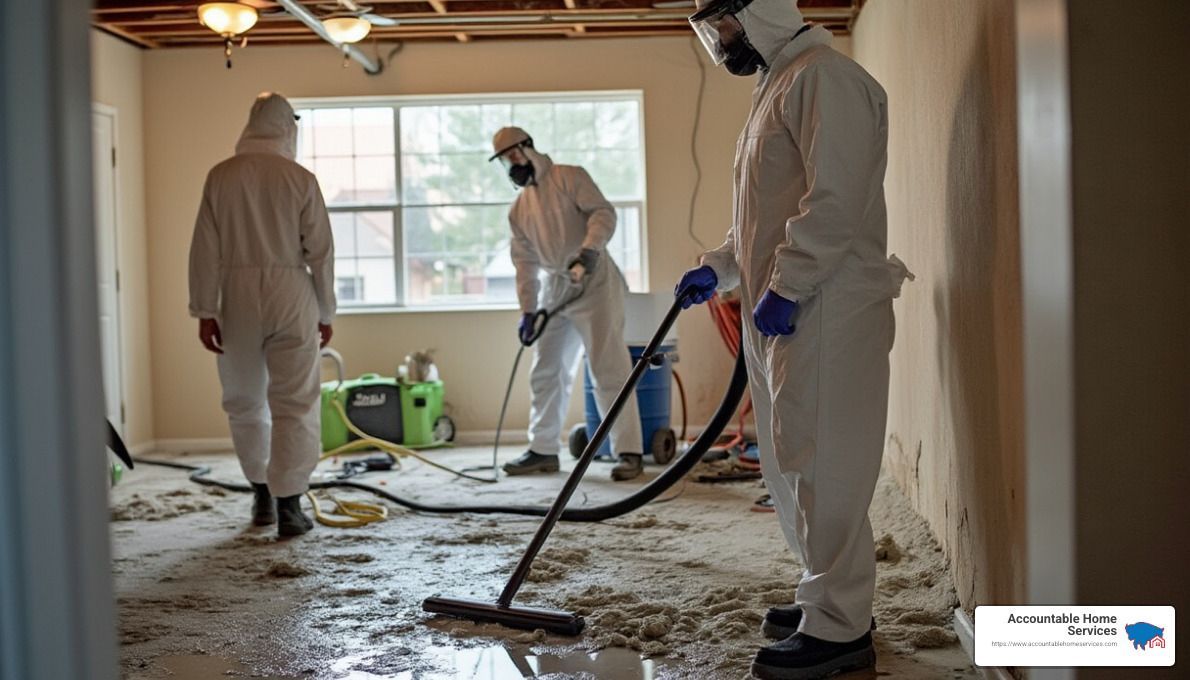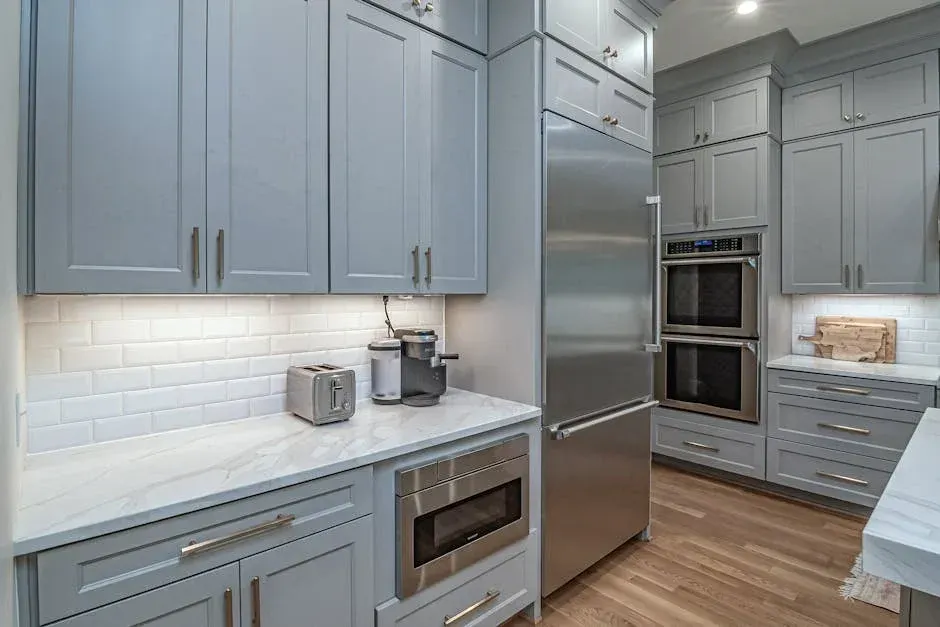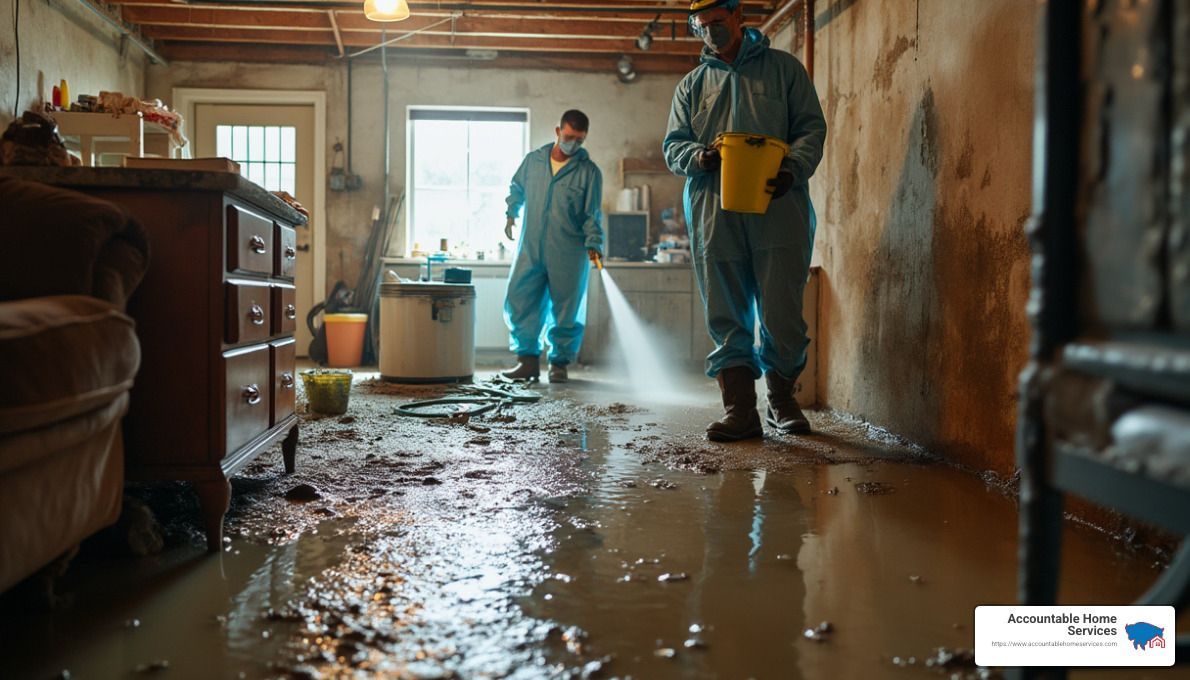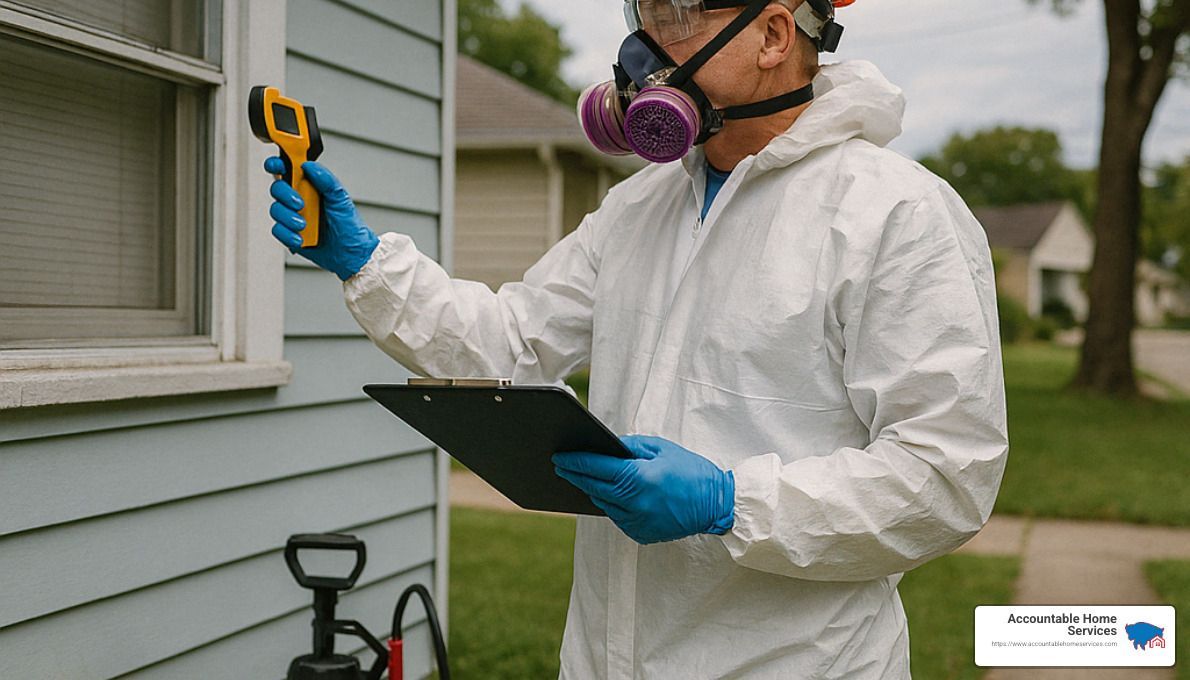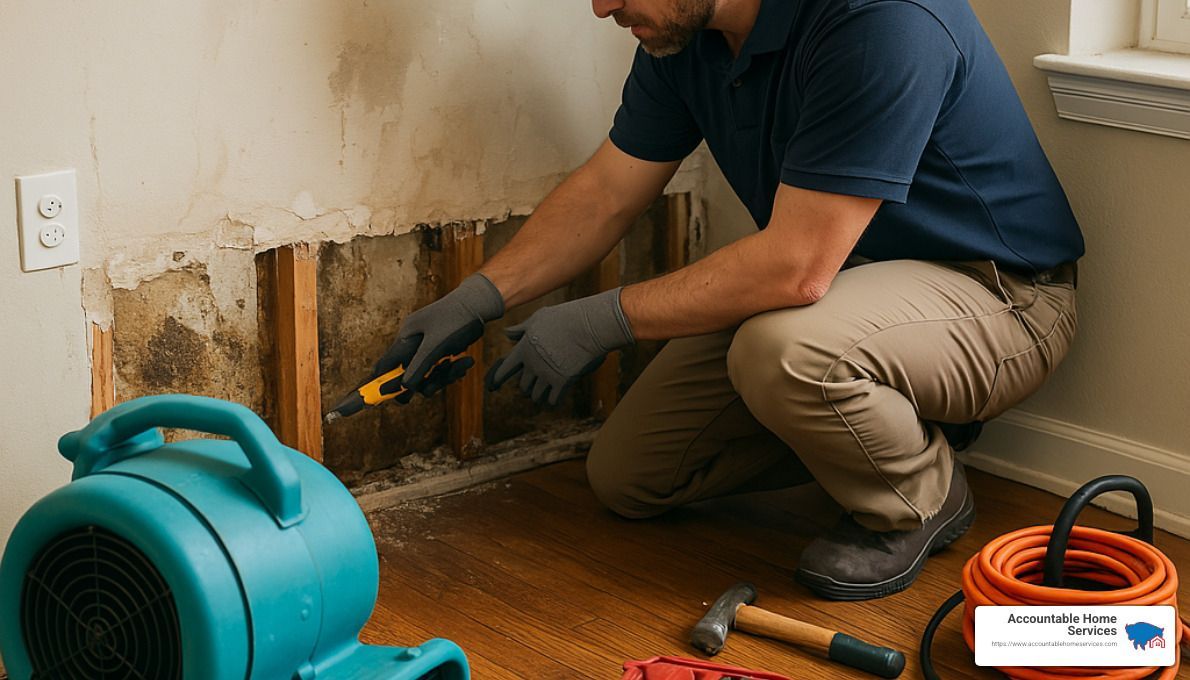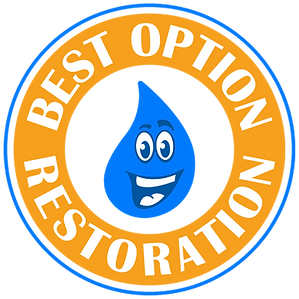Blog
Does Homeowners Insurance Cover Water Damage? Find Out!
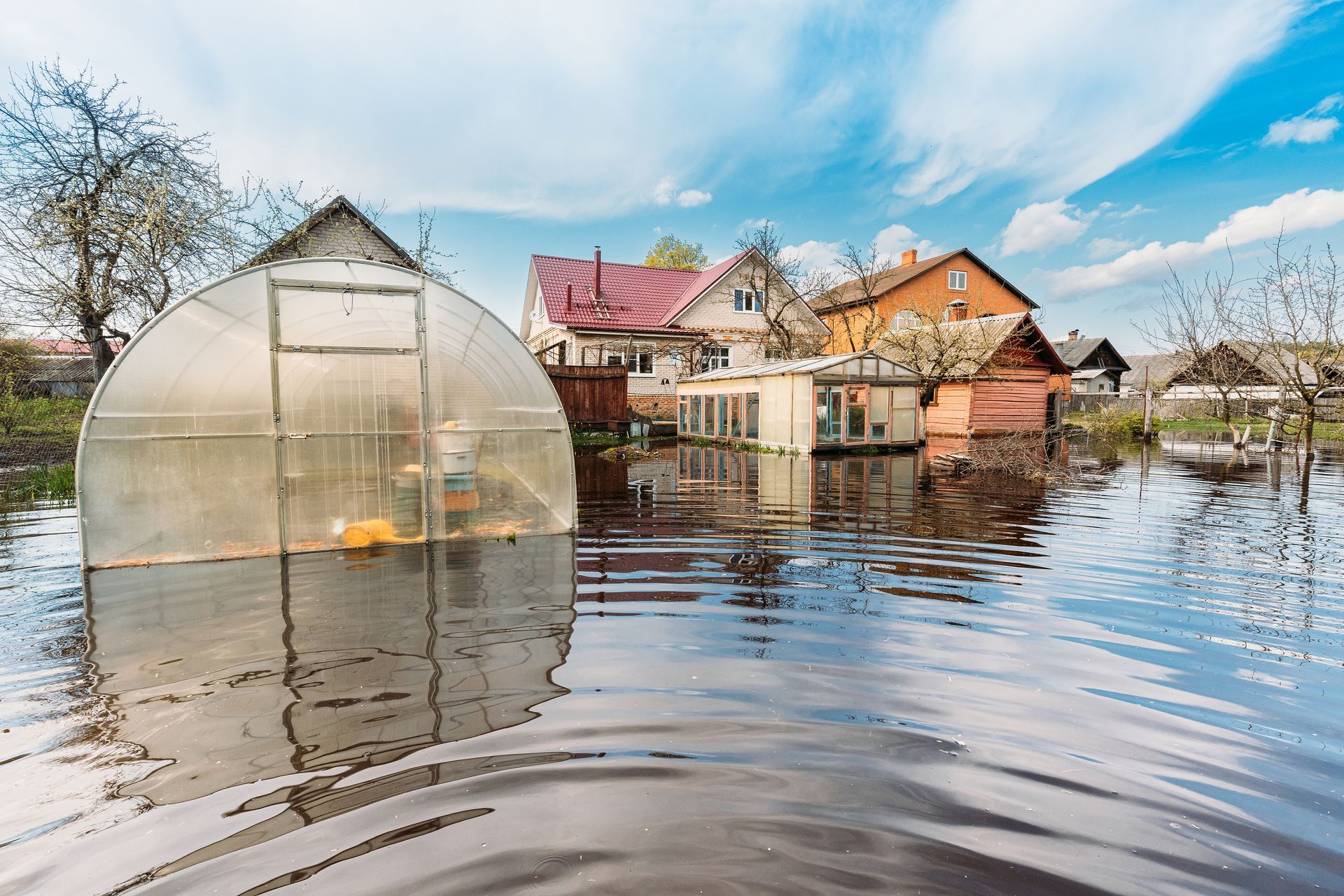
Water damage can be one of the most expensive and stressful problems a homeowner can face. Whether caused by a burst pipe, heavy rain, or an unexpected plumbing failure, dealing with water damage requires quick action and a clear understanding of your insurance coverage.
Many homeowners ask, "Does homeowners insurance cover water damage?" The answer depends on the type of damage, its cause, and the details of your policy. For residents in Denver, Colorado, where heavy snowfall and sudden temperature drops can lead to frozen pipes and flooding, understanding insurance coverage is crucial.
What Types of Water Damage Does Homeowners Insurance Cover?
Homeowners insurance typically covers water damage that is sudden and accidental. This means that if the damage is unexpected and not due to negligence, your policy is likely to help with repair costs.
Covered Water Damage Events
Most standard homeowners insurance policies cover water damage caused by:
- Burst pipes or plumbing failures
- Sudden roof leaks from storms
- Appliance malfunctions (such as a washing machine overflow)
- Accidental water discharge (such as a broken water heater)
For homeowners in Denver, the risk of frozen pipes bursting in winter is significant. Insurance policies often cover this type of damage as long as proper home maintenance is demonstrated.
Water Damage That May Not Be Covered
While insurance policies help with many water-related incidents, there are exclusions to be aware of. Some common exclusions include:
- Gradual leaks or ongoing plumbing issues
- Flooding from natural disasters
- Damage due to lack of maintenance or neglect
In areas like Denver, where snowmelt and flash floods can occur, homeowners should consider adding separate flood insurance through the National Flood Insurance Program (NFIP) or a private insurer.
How to Determine if Your Policy Covers Water Damage
Understanding your homeowners insurance policy is essential to avoid surprises when filing a claim. Here are some steps you can take to ensure you’re adequately covered.
Review Your Policy Details
Read through your policy documents to check for water damage coverage specifics. Pay attention to any exclusions and limitations that might apply.
Talk to Your Insurance Provider
If you’re unsure about your coverage, contact your insurance company. They can clarify what types of water damage are included and whether you should consider additional coverage, such as a flood insurance policy.
Consider Endorsements for Extra Protection
For homeowners in Denver, where snowmelt can lead to water intrusion, adding endorsements like sewer backup coverage or enhanced water damage protection can provide peace of mind.
What to Do If You Experience Water Damage
Acting quickly can minimize damage and increase the chances of your insurance claim being approved. Follow these essential steps if water damage occurs in your home.
Step 1: Stop the Water Source
If possible, turn off the water supply to prevent further damage. If the issue is a plumbing failure, shutting off the main valve can help control the situation.
Step 2: Document the Damage
Take photos and videos of the affected areas before starting any cleanup. This documentation is crucial when filing an insurance claim.
Step 3: Contact Your Insurance Company
Report the damage to your insurer as soon as possible. Provide details about the cause of the water damage and submit your documentation for review.
Step 4: Hire a Professional Water Damage Restoration Service
Water damage restoration experts can assess the extent of the damage, remove excess moisture, and prevent mold growth. Acting quickly can reduce repair costs and restore your home efficiently.
How to Prevent Water Damage in Your Home
Taking proactive steps can help protect your home from costly water damage. Here are some useful prevention tips:
Regularly Inspect Plumbing and Appliances
Check your pipes, faucets, and appliances for leaks or signs of wear. Replacing worn-out hoses on washing machines and dishwashers can prevent major water damage.
Maintain Your Roof and Gutters
Ensure your roof is in good condition and your gutters are free from debris. In Denver, heavy snowfall can put extra stress on roofs, making regular inspections essential.
Protect Pipes from Freezing
During Denver’s cold winters, pipes are vulnerable to freezing and bursting. Insulate exposed pipes and keep indoor temperatures consistent to prevent freezing.
How Can Accountable Home Services Help You?
At Accountable Home Services, we specialize in water damage restoration and home protection. Whether your home has suffered from a sudden pipe burst or an unexpected roof leak, our team in Denver, Colorado, is ready to provide expert solutions to mitigate damage and restore your property quickly.
Visit us at
1347 E 73rd Ave, Denver, CO 80229, or
call us at
(720) 620-3272 to schedule a consultation. Let Accountable Home Services help you navigate water damage restoration and work with your insurance provider to ensure a smooth recovery process.

